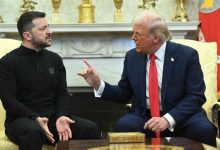Netanyahu Returns Empty-Handed from Trump Meeting Amid U.S.-Iran Shift
Despite expectations, the Israeli PM fails to secure tariff relief or U.S. backing for war strategy as Trump signals a diplomatic turn toward Iran.
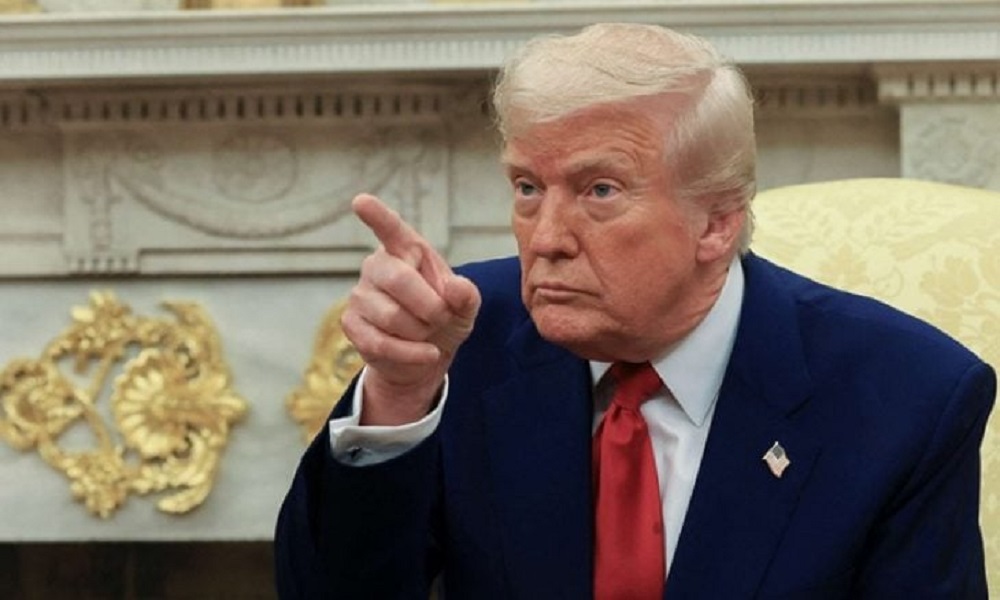
Watan-What did Israel and its Prime Minister Benjamin Netanyahu gain, and what did the United States and its President Donald Trump benefit from their second meeting during the current term, held last night? Had Netanyahu been the head of the opposition in Israel, his campaign against the “failed meeting” and whoever held the prime ministership would be in full swing now.
Contrary to expectations, Netanyahu will return from Washington without any reduction in the customs tariffs imposed on Israel, and with an American decision to open direct negotiations with what Israel and the U.S. have historically labeled the “Axis of Evil”—namely, Iran.
Israel as a whole, and certainly Netanyahu, had hoped the U.S. would confront Iran and destroy its nuclear program, rather than open direct negotiations that might end in a deal extending the lifespan of Iran’s nuclear project, tightening oversight over it, and lifting economic sanctions—thus boosting Iran’s economy.
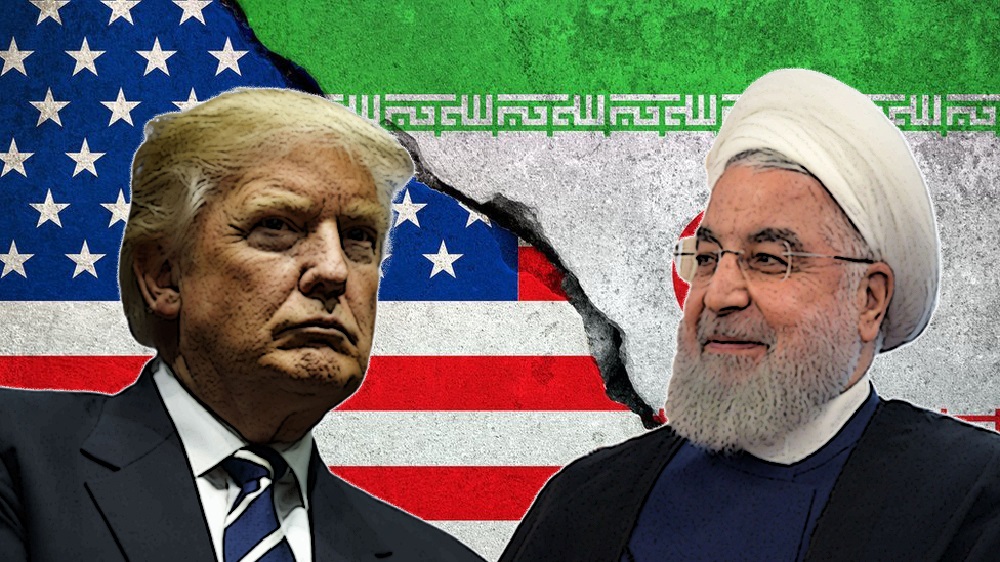
Netanyahu Cornered as Trump Chooses Diplomacy Over War
Netanyahu, who had convinced Trump in 2016 to withdraw from the nuclear agreement with Iran, now finds himself facing a U.S. desire to return to a new deal. Trump is not fond of prolonged wars, especially those that could threaten major American interests in the Gulf or endanger his dreams of winning the Nobel Peace Prize. This stands in contrast to Israeli preferences, which fear negotiations, Iran buying time, and a potential agreement that benefits its adversary more than it serves Israel’s ambitions.
During the meeting, which turned into a press conference, Netanyahu remained mostly silent—perhaps fearing to say anything that might anger Trump. He didn’t seem surprised when Trump revealed the U.S. was engaging in direct negotiations with Tehran, scheduled to take place on Saturday in Amman. However, according to Israeli sources on Tuesday, Netanyahu was indeed caught off guard in a closed-door meeting before the televised encounter, where Trump presented a diplomatic path as an alternative to Netanyahu’s longed-for military option.
Notably, after his election, Trump had shared an article by a prominent American academic accusing Netanyahu of attempting to drag the U.S. into war with Iran, as he had done with Iraq.
Tariffs Remain in Place
Also, contrary to Netanyahu’s hopes and the inflated expectations he and his close circles had generated, Trump outright rejected a journalist’s question about reducing tariffs on Israel—imposed just days earlier. Trump pointed out that Israel already receives $4 billion annually from the U.S., looking at Netanyahu and congratulating him.
As for Gaza, the ongoing war, and the stalled deal, Trump did not push for an end to the war. Instead, his statements were vague and open to interpretation rather than offering clear answers—even though the war has now lasted a year and a half, with the bloodshed ongoing.
Trump, who previously promised the families of hostages that he would work to secure their release, said he hopes to see the war end soon and that the negotiations are a long process. He was moved by the testimonies of those released and said, “We are trying to bring them all back, and we hope we succeed. Right now, it’s a big problem.”
On the other hand, Trump spoke like a businessman about relocation plans, a Riviera, and a “beautiful, unpopulated place.” He addressed the pain, but unlike in the past, did not focus on Gaza and the hostages as part of pushing a new deal.
He then shifted to talking at length about the Houthis and repeated claims about Hamas’s treatment of hostages.
Netanyahu, for his part, said, “The hostages are suffering. We will bring them all back… We are now working on a new deal, and [David] Maimon is pursuing it. We hope it succeeds, but we are committed to ending Hamas’s tyranny.”
Gaza, the War, and the Stalled Deal
Some Israeli analysts, like Haaretz military analyst Amos Harel, believe Trump gave Netanyahu some leeway on Gaza and Iran. However, Trump might leverage Israel’s threats to serve U.S. interests—and his own personal interests. While the Trump-Netanyahu meeting didn’t close the door on a possible deal, Netanyahu’s evasion of a deal to end the war and his proximity to a potential official investigation put him in a tight spot. Trump himself said he wants the war to end, as he faces pressing regional issues including Iran, Saudi Arabia, normalization, Turkey, and Syria—all of which require resolving Gaza. He made promises to both Americans and the global community to end the war and to secure a deal for the hostages’ release.
The possibility of progress may depend on external influences, particularly the seriousness and readiness of Arab states—especially Egypt and Saudi Arabia, and others friendly with Washington and Tel Aviv—to apply real pressure to halt the war. This may involve the Egyptian plan currently on the table, which offers Israel less than it demands but more than what Hamas offers (releasing nine hostages for a 70-day truce). In the coming days, it will become clearer whether recent comments by the Egyptian president—following his talks with the French president and Jordanian king before Trump met Netanyahu—signal actual progress.
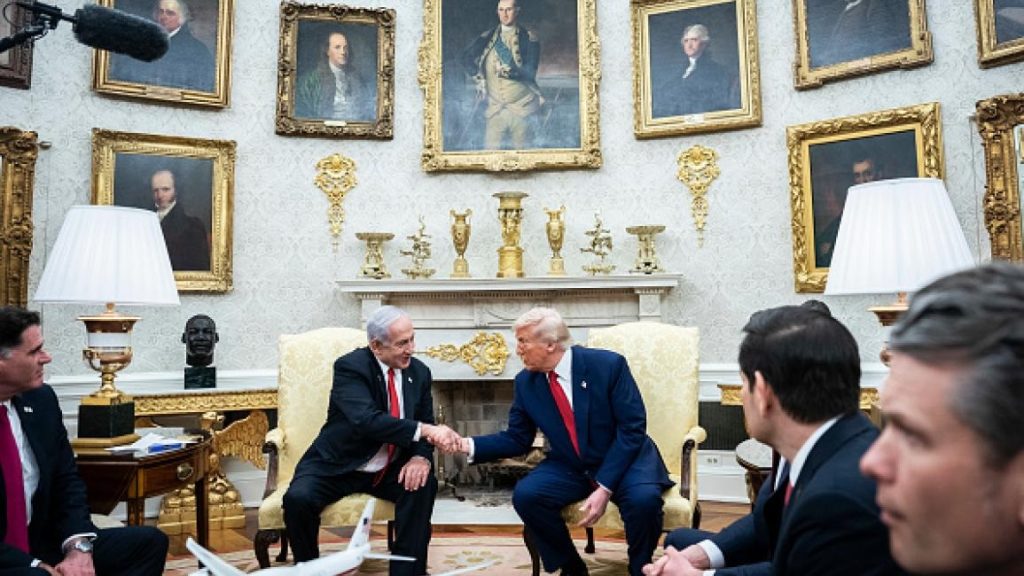
War as Strategy
This Washington visit occurs amid debates over corruption scandals and authoritarianism, and over the question of whether to continue the war on Gaza or pursue a deal. Netanyahu and his supporters continue to push for military pressure to achieve two essentially contradictory goals: the release of hostages and the destruction of Hamas.
His opponents, however, accuse him of prioritizing personal and political survival—preserving his coalition and diverting attention from domestic turmoil. One of those critics, Palestinian affairs expert and retired general Michael Milshtein, wrote in Yedioth Ahronoth today that without being honest about the cost, with a weakened reserve army, and inaction to protect the coalition, the government has turned war into a permanent condition in Israeli life. He argued that the gains Israel made six months ago are being lost due to its stubborn insistence on continuing the war without presenting an alternative strategy.
Meeting Outcome
Summarizing the meeting, former U.S. Ambassador to Tel Aviv Dan Shapiro told public radio today that Netanyahu left Washington with no promise of tariff reduction. Trump remains committed to his economic vision of “America First.” Shapiro added: “Netanyahu received compliments and praise from Trump but no tangible achievements on any of the issues.”
He was followed on the same station by former Israeli Ambassador to Washington Mike Herzog, who said Netanyahu returns to Israel without any good news on any front.
Political analyst Anna Barsky, writing in Maariv, described the meeting as a confusing event, full of questions and lacking in answers. In her article titled “When the Visit Crashed into Reality,” she wrote that Trump embarrassed Netanyahu live on air. Netanyahu had hoped to solve several issues in one stroke during his brief trip, but ends the week abroad with a confusing outcome.
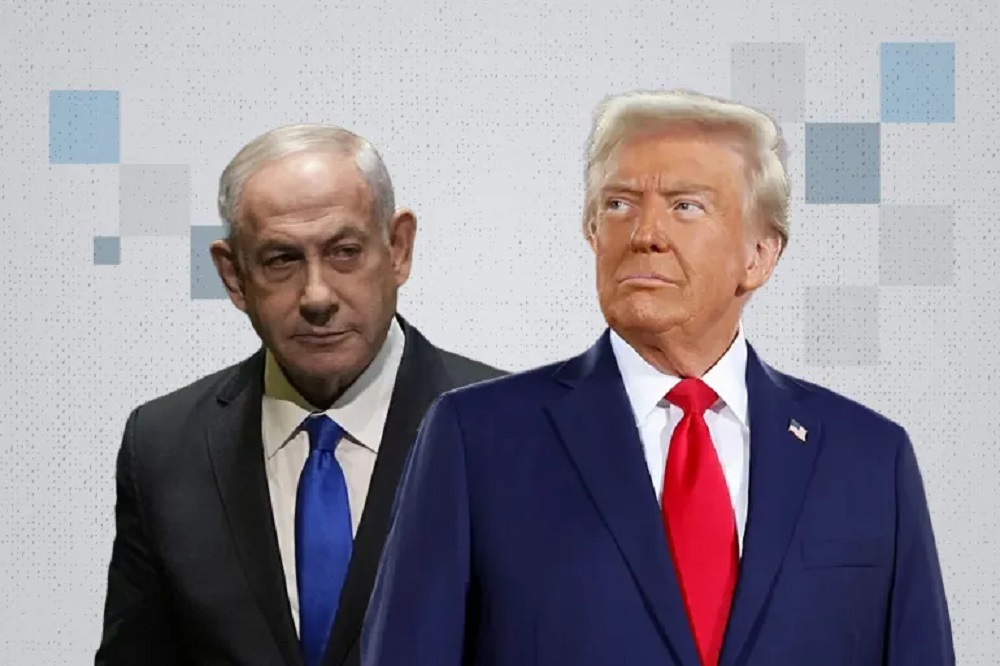
Optics and Image
Nonetheless, Trump and Netanyahu benefited from the optics and media staging. They appeared as allies, dressed similarly, exchanging compliments. As usual, Netanyahu sought to bolster his image as an Israeli leader with deep U.S. ties and close relations with the president—projecting the appearance of perfect coordination between Israel and the U.S., even though Trump surprised him with news of direct talks with Iran. Trump also gave Netanyahu what many Israelis view as a disingenuous endorsement, claiming he was doing a lot to secure the hostages’ release.
In Haaretz, Amos Harel wrote that the meeting, full of hypocrisy and theatrics, served Trump’s image at a time when even his own supporters are questioning his leadership. Like other observers, Harel suggested Trump used Netanyahu as a signal to other world leaders to “make the pilgrimage” to the White House—without expecting major concessions, even on tariffs.
Meanwhile, Haaretz economic affairs editor Nehemia Shtrasler mocked the meeting’s optics, saying it was “an indicted man meeting a fool,” with no real solutions emerging. He, too, questioned how Netanyahu would have mocked such a meeting had he been in the opposition and Yair Lapid or Naftali Bennett had held a similarly fruitless meeting with Trump.


